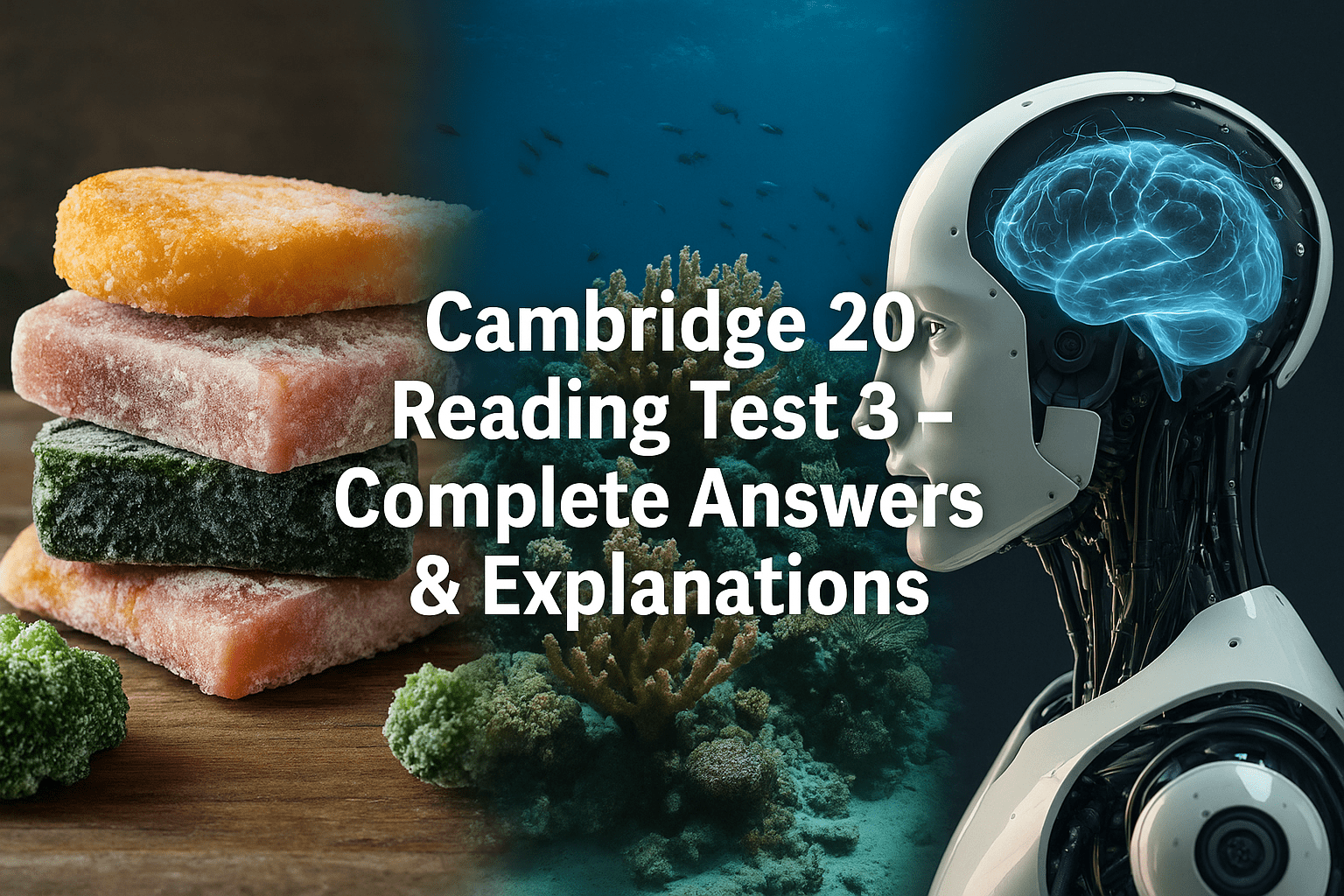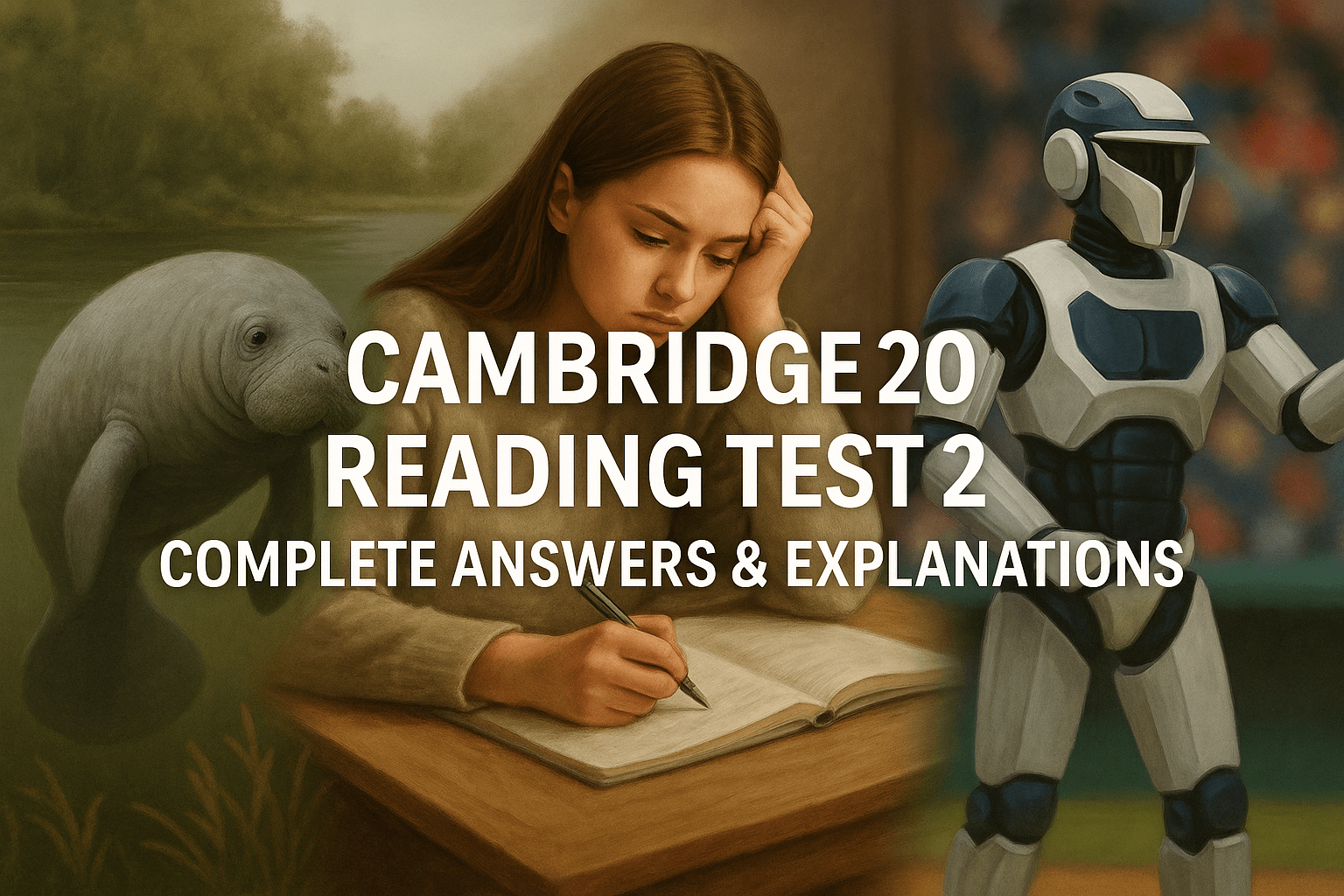If you’re aiming for Band 7–9 in IELTS Reading, understanding and avoiding common errors is just as important as learning strategies. Over the years as a global IELTS trainer, I’ve noticed that many students repeat the same common mistakes in IELTS Reading, which cost them valuable marks.
In this blog, I’ll share the top 10 mistakes I see most often and, more importantly, how to avoid them.
🌟 Why Students Make Common Mistakes in IELTS Reading
The IELTS Reading test is challenging because it combines:
- Time pressure – 40 questions in 60 minutes
- Complex passages – with paraphrasing and academic vocabulary
- Tricky question types – like True/False/Not Given and Matching Information
Even strong English learners can make mistakes if they:
- Panic when they see unfamiliar words
- Try to read every word slowly
- Misunderstand instructions or word limits
Knowing these mistakes in advance gives you the power to avoid them and maximize your score.
For a full reading skills guide, check our IELTS Reading Skills for Band 7–9.
🔹 Top 10 Common Mistakes in IELTS Reading and How to Avoid Them
1. Reading Every Word Slowly
Many students try to read the entire passage line by line, which wastes time.
Fix:
- Use skimming for main ideas and scanning for keywords
- Focus on what is needed to answer questions
2. Ignoring Instructions
Some questions have clear rules like “NO MORE THAN TWO WORDS.”
Fix:
- Always check word limits before writing answers
- Losing marks for extra words is avoidable
3. Misunderstanding True/False/Not Given
Many confuse False with Not Given because they don’t check the context.
Fix:
- False = The passage says the opposite
- Not Given = The passage doesn’t say it at all
4. Spending Too Long on One Question
Getting stuck on a single answer is a major time killer.
Fix:
- Spend max 1 minute per question on the first attempt
- Mark and return later if unsure
5. Ignoring Keywords and Synonyms
IELTS loves paraphrasing, and exact words often don’t appear in the passage.
Fix:
- Identify keywords and predict synonyms in the question
- Example: “increase” → “rise, grow, surge”
6. Panicking Over Difficult Words
Students often freeze when they see unfamiliar academic terms.
Fix:
- Guess meaning from context and sentence structure
- Skip words that don’t affect the answer
7. Not Practicing Under Real Timing
Practicing without timing makes the real test feel stressful.
Fix:
- Always practice with a 60-minute timer
- Learn to allocate 15-20-25 minutes per passage
8. Overthinking Easy Questions
Sometimes students doubt correct answers and change them unnecessarily.
Fix:
- Trust your first logical choice unless you clearly see a mistake
- Avoid reading too much into simple questions
9. Skipping Passage Overview
Jumping straight to questions without knowing the passage layout leads to confusion.
Fix:
- Skim the passage first to understand structure and topics
- Helps you locate answers faster when scanning
10. Not Reviewing Answers in the Final Minutes
Even small spelling or grammar mistakes can cost marks.
Fix:
- Leave 2–3 minutes to check answers and spelling
- Ensure answers follow word limits and are clearly written
📖 Example of Avoiding Multiple Mistakes
Scenario: You’re on Passage 3, and you see a complex True/False/Not Given question.
Mistake to Avoid: Spending 3–4 minutes reading the entire paragraph slowly.
Better Approach:
- Identify keywords in the question
- Scan the relevant paragraph for synonyms
- Decide quickly if it’s True, False, or Not Given
- Move on and return later if needed
This prevents time loss and confusion.
🏋️♂️ Practice Tips to Eliminate Mistakes
- Weekly Error Log
Track mistakes from practice tests and review patterns - Timed Mock Tests
Simulate real exam conditions regularly - Focus on Weak Question Types
Spend extra time on Matching, Headings, and True/False/Not Given - Combine Core Skills
Use skimming, scanning, paraphrasing, and keyword spotting together
For official practice, visit IDP IELTS.
✅ Quick Checklist Before Your Test
Before your next IELTS Reading test, ask yourself:
- Do I skim and scan instead of reading word by word?
- Do I underline keywords and predict synonyms?
- Do I skip and return to hard questions?
- Do I follow instructions and word limits?
- Do I practice with real timing?
If yes, you are avoiding the common mistakes in IELTS Reading and boosting your chances of a higher band.
❓ FAQ: Common IELTS Reading Mistakes
Q1: What is the biggest reason students lose marks in IELTS Reading?
Poor time management and misreading instructions.
Q2: How can I stop confusing True/False/Not Given?
Focus on meaning: False = opposite, Not Given = missing info.
Q3: Do I need to understand every word to get Band 8?
No, focus on context, keywords, and paraphrases.
Q4: How do I stop overthinking answers?
Practice timed tests and trust your first logical choice.
Q5: Can I skip a question and come back later?
Yes, it’s a smart way to save time and avoid stress.
🏆 Conclusion
Avoiding common mistakes in IELTS Reading is the fastest way to improve your score. By skimming first, identifying keywords, managing your time, and practicing under real conditions, you can prevent errors and achieve Band 7–9.
Start building awareness today—track your errors, apply these fixes, and watch your reading accuracy skyrocket.





